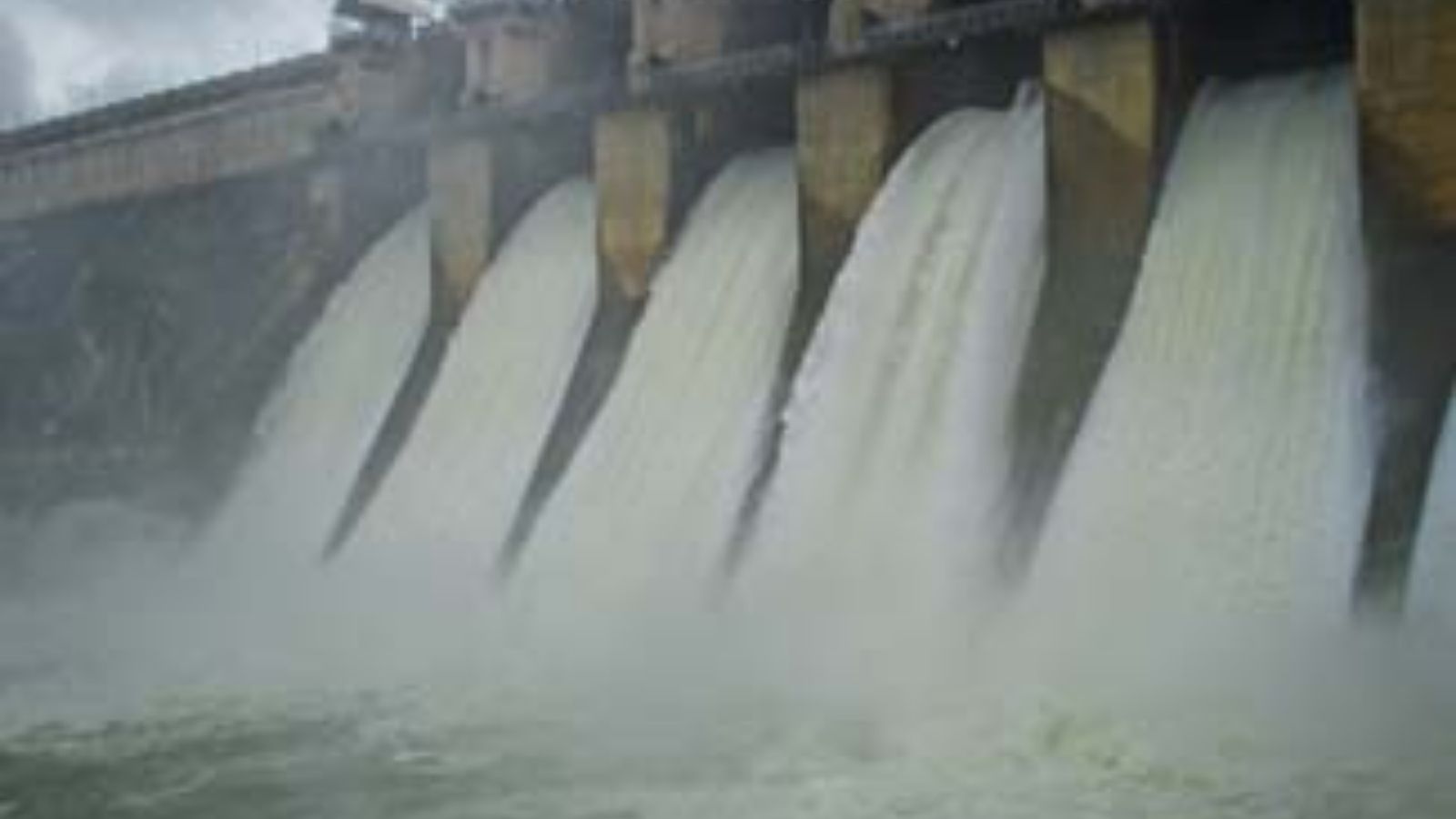By Kamal Madishetty, Alumni of Vision India Foundation
Image Source : Vision India Foundation
The article was published in the Geopolitical Monitor
Ever since the attacks on the Indian Army base at Uri by four terrorists identified by India as members of the Pakistan based terrorist group Jaish-e-Mohammed, there has been a growing demand by the Indian public that its government must act tough on Pakistan. Of the various options mooted, one of them was to revisit the Indus Water Treaty in order to send Pakistan a strong message. Although the public outrage has relatively eased after the Indian Army conducted surgical strikes across the Line of Control to dismantle terror launch-pads in PoK, the Indus Water Treaty nevertheless continues to be discussed in the broader discourse. While some have called for abrogation of the lopsided treaty, others have suggested India should make full use of the waters, which it has not done so far, within the provisions of the treaty. But any evaluation of this matter must be cognisant of both these facts: the treaty is grossly unfair to India, and there is no tap that can be turned off to stop the Indus waters.
Signed in 1960 by Indian Prime Minister Jawaharlal Nehru and Pakistan’s President at the time Ayub Khan, the Indus Water Treaty was brokered by the World Bank. It is an extraordinarily generous water-sharing treaty, and is the only pact in the world that compels the upper riparian state to defer to the interests of the downstream state. The treaty gives Pakistan control over the three so-called ‘western’ rivers of Indus, Jhelum, and Chenab that flow from the Indian state of Jammu & Kashmir before entering Pakistan. On the other hand, India gets to control the three eastern rivers of Ravi, Beas and Sutlej that flow from the Indian state of Punjab. This parity in the number of rivers is, however, quite misleading. The three rivers that India gets to control have awfully low volume of waters compared to the other three. In all, Pakistan gets a whopping 5,900 tmcft volume of water every year which is a massive 80.5% share of the total waters, while India gets to use only 19.5%
Read more on Geopolitical Monitor

